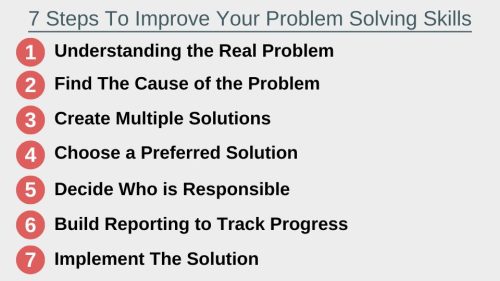The current environment of business services is undergoing a profound change as organizations evolve in reaction to rapid tech advancements and changing market demands. Once dominated by traditional methods that focused on standardization and inflexibility, today’s professional services industry is embracing flexibility and innovation. This change is not just a trend; it is a necessity for firms looking to remain at the forefront and significant in an ever more complex environment. Understanding this transition is crucial for businesses that aim to leverage professional expertise to drive their expansion.
As companies navigate this modern age, the demand for expert expertise and tactical partnerships has never been more critical. Professional consulting play an integral role in guiding companies through their obstacles, whether it’s enhancing business effectiveness, mitigating risks, or adapting to compliance requirements. In this piece, we will discuss the important qualities to look for in a professional services company, how to establish enduring connections with service providers, and the significance of tech and soft skills in nurturing successful partnerships. By examining the present developments and challenges within the sector, we will uncover the different ways in which business services can drive significant business transformation and advancement.
Essentials of Expert Services for Business Growth
Expert services play a key role in driving corporate advancement by providing expertise and targeted expertise that businesses often find missing internally. These services encompass a wide range of areas, such as consulting, accounting, legal, and information technology, allowing businesses to leverage external skills to handle difficult issues. By incorporating consulting into their operations, organizations can enhance their strategic functions and focus on essential skills, which results in improved productivity and competitor edge in the market.

In the current fast-paced business climate, the requirement for flexibility is paramount. Professional services firms offer tailored solutions that help businesses navigate compliance issues, adopt innovative tech, and identify uncertainties efficiently. Their ability to offer strategic guidance enables companies to make effective decisions, ensuring they stay in front of industry developments and client expectations. This flexibility not only facilitates short-term objectives but also fosters long-term growth and enduring success.
Allocating resources to professional services also yields substantial rewards, as these consultants often help identify budget-friendly initiatives and improve overall organizational effectiveness. By collaborating with specialized firms, organizations can utilize novel methods that enhance workflow and enhance service delivery. This not only propels organizational advancement but also enhances the customer journey, making expert consulting a key component of contemporary corporate approaches aimed at sustainable success.
Deciding the Appropriate Professional Consulting Partner
Selecting the right professional support partner is a important factor that can significantly impact your organization’s success. Start by analyzing the individual demands and challenges your organization encounters. Business support organizations specialize in various fields such as strategy, regulatory, advertising, and IT. Understanding your own demands will aid filter potential candidates who have the expertise and solutions that align with your objectives. It's essential to define what results you hope for and communicate these well during the selection stage.
Next, assess the company's qualifications and background. Look for organizations that have a established history in your field or the specific assistance you need. Review for client feedback, case studies, and any pertinent honors that speak to their capability and dependability. Talking in dialogues with past clients can furnish understanding into their methodology and performance. Additionally, consider their capacity – verify they can handle your initiative while still offering the care and support essential for success.
Finally, emphasize the significance of cultural alignment and discourse approach. A good professional consulting partner not only has the required skills but also matches with your company’s values and culture. Good dialogue is important; make sure that they grasp your expectations and are receptive to your requests. Establishing a connection during initial meetings can indicate how well you will partner in the future. Identifying Incentives for Generosity at Work who is flexible to your needs and maintains openness will support foster a successful enduring partnership.
Future Trends in Professional Services
As professional services firms are progressively embracing technology to develop the solutions they offer. Automation, AI, and big data are revolutionizing the delivery of services, facilitating firms to provide faster, more accurate insights for their clients. The integration of these technologies not just boost operational efficiency but it also paves the way for personalized services which meet the specific needs of their clients, driving a more customized approach to challenges faced by businesses.
An additional important trend emerges as the heightening focus on sustainability and ethical responsibility. Clients are increasingly looking for partnerships with service providers that exhibit adherence to morality and environmental responsibility. Service companies that can weave sustainability in their business practices and advice to clients will emerge as leaders in the industry. This focus on responsible business practices transforms the competitive landscape and forces firms to match their principles with client expectations.
In conclusion, the expansion of working from home has changed client interactions and service delivery models. Consulting firms are adapting to this trend by enhancing communication tools and rethinking strategies for engagement. Guaranteeing that employees work together effectively, regardless of location, is essential for maintaining relationships and delivering value. Consequently, firms leveraging technology to promote robust communication and collaboration are poised for success in the upcoming landscape of professional services.
